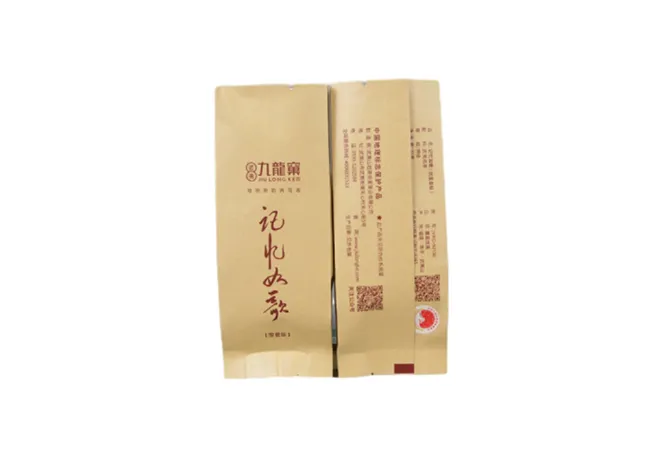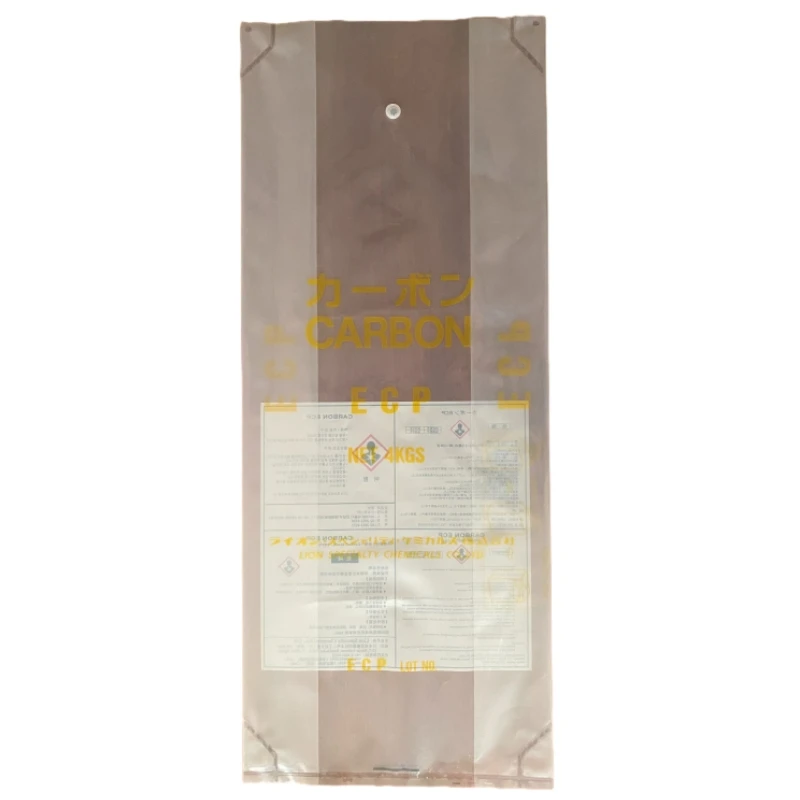Vacuum packaging bags have revolutionized the way we store and preserve food, clothing, and various other products. Their innovative design ensures longevity, freshness, and protection against various environmental factors. Here's an in-depth exploration of vacuum packaging bags and how they have become indispensable in various industries.

Vacuum packaging bags, made from robust materials, effectively prolong the shelf life of their contents by removing atmospheric air before sealing. This process is critical in inhibiting the growth of bacteria and mold, which require oxygen to thrive. Consequently, vacuum packaging is particularly popular in the food industry for storing perishable items such as meats, cheeses, and vegetables. Consumers and businesses alike benefit from reduced spoilage and waste, translating into significant cost savings over time.
In the realm of food storage, vacuum packaging bags stand out due to their ability to lock in flavors and nutrients. When food is preserved in a vacuum seal, the original freshness is maintained, preventing the flavors from degrading or intermingling with other stored items. This aspect of vacuum packaging is particularly appealing to gourmet chefs and culinary experts who prioritize the quality and taste of their ingredients. By using vacuum-sealed storage, restaurants can keep their pantry items in optimal condition, enhancing the overall dining experience for their patrons.

Vacuum packaging extends beyond the culinary world. In the clothing industry, these bags are instrumental in conserving space and maintaining garment integrity. By vacuum-sealing seasonal clothing items, consumers can effectively save up to 80% of storage space in their closets. This compression also serves as a barrier against moisture, dust, and insects that could damage fabrics. Travelers find vacuum packaging bags particularly useful, allowing them to pack more efficiently and protect their clothes during transit.
Industries outside of food and clothing have also adopted vacuum packaging for their unique benefits. Electronics manufacturers, for instance, use vacuum bags to shield sensitive components from static, dust, and moisture. This protection is critical, as even minor particles can compromise the functionality of electronic devices. The pharmaceutical industry similarly relies on vacuum packaging to maintain the sterility and efficacy of medical supplies and medicines, ensuring they remain uncontaminated until needed.
The adaptability of vacuum packaging technology showcases its versatility across different sectors. One noteworthy innovation is the advent of biodegradable vacuum bags, a response to growing environmental concerns. These eco-friendly options provide the same protective benefits as traditional bags while aligning with sustainable practices. By opting for biodegradable materials, companies can reduce their carbon footprint without sacrificing the quality of their products.
vacuum packaging bag
Trust in vacuum packaging bags is further enhanced by the rigorous testing and quality control measures manufacturers employ. High standards are required to ensure that each bag provides a secure seal and adequate protection against external forces. This reliability has earned the trust of various industries that depend on vacuum packaging to deliver quality products safely.
In seeking the ideal vacuum packaging bag, it is important to consider factors such as material thickness, ease of use, and compatibility with vacuum sealers. Thicker materials provide greater durability and puncture resistance, essential for heavy-duty applications. Ease of use often translates into features like double-sealed edges or zip-lock closures that simplify the sealing process for end-users. Compatibility with a range of vacuum sealer models ensures that consumers can seamlessly integrate these bags into their current packing systems.
Furthermore, the use of vacuum packaging bags aligns with modern consumer expectations for convenience and quality assurance. By enabling bulk purchasing and storing, these bags support consumer desires for cost-effective, long-term solutions. The peace of mind that comes with knowing one's belongings are protected against environmental damage fosters greater trust and satisfaction.
As vacuum packaging technology continues to evolve, the potential applications for vacuum packaging bags will undoubtedly expand. Innovations such as smart materials that provide real-time data on the storage environment can further enhance product safety and quality assurance. Businesses that recognize and adapt to these advancements stand to gain a competitive edge in their respective markets.
Overall, vacuum packaging bags are not merely a storage solution but a testament to the pivotal role innovation plays in product preservation. Their widespread adoption across multiple industries underscores a shared commitment to quality and efficiency, offering consumers and businesses myriad benefits that extend far beyond their initial investment.